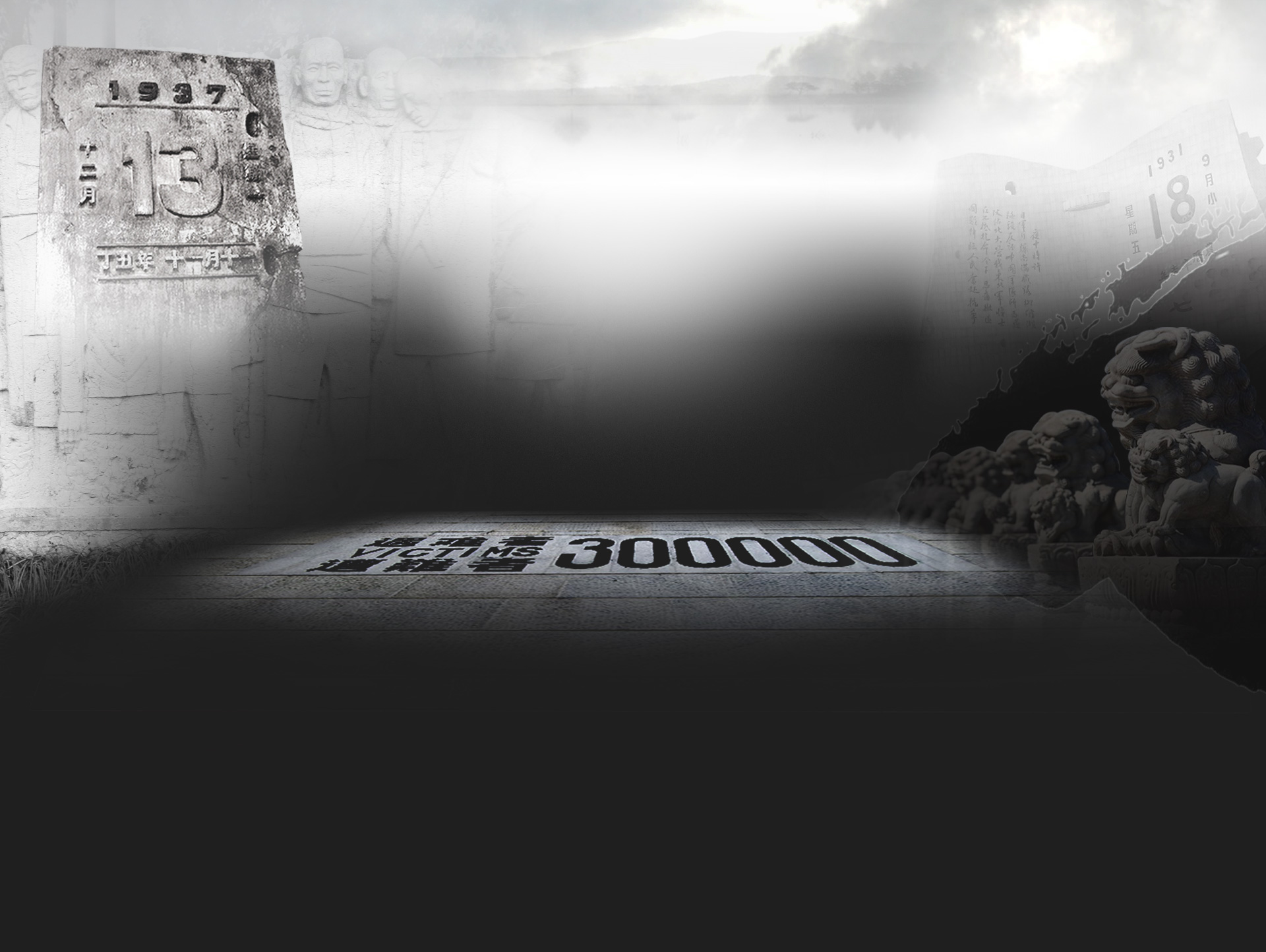BEIJING, Feb. 25 (Xinhua) -- China's top legislature is mulling draft decisions to legislatively establish two national memorial days related to the Japanese aggression during World War II.
The motions propose that September 3 and December 13 be recognized as national days respectively to commemorate the 1945 victory of China's anti-Japanese war and mourn the victims of the 1937 Nanjing Massacre.
The unprecedented move is solemnly appropriate. It demonstrates China's increasing awareness and respect of history, and, more importantly, embodies its firm resolve to prevent any repetition of those dark days, preserve the post-war world order, and protect the future of mankind.
Designating special days to reflect on history is an internationally established practice, and it is a universal consensus that history should never be forgotten.
In 2005, the UN General Assembly designated January 27 as the International Holocaust Remembrance Day. Many countries also observe their own Holocaust memorial days. Budapest has recently designated 2014 as the Hungarian Holocaust Memorial Year.
Remembering history is not to cling to historical hatred. As UN General Assembly President John Ashe said on this year's International Holocaust Remembrance Day, the commemoration is to make sure that "such unfathomable horror and unspeakable cruelty" would have no place in the world.
In Germany, historical reflection has led to anti-Nazi education and laws, and has prompted the German government to take sincere measures to compensate Holocaust survivors.
Germany's reflection and response have won worldwide recognition, including Israel's. During German Chancellor Angela Merkel's ongoing visit to Israel, the two countries agreed Tuesday to prepare for a great celebration in 2015 for the 50th anniversary of bilateral diplomatic relations.
Things are quiet different with Japan, another WWII fascist country. It has just emerged that at least 265 copies of "The Diary of a Young Girl" in more than 30 public libraries in Tokyo were vandalized recently.
The book, written by Holocaust victim Anne Frank, is the most widely read record of the Holocaust, and the vandalization has sparked further concerns about Japan's historical education and attitude as well as the rampancy of its rightist elements.
History tells that those who refuse to reflect on and learn from history are doomed to repeat their past mistakes and jeopardize their own future.
That is a message from history that Tokyo needs to heed.
